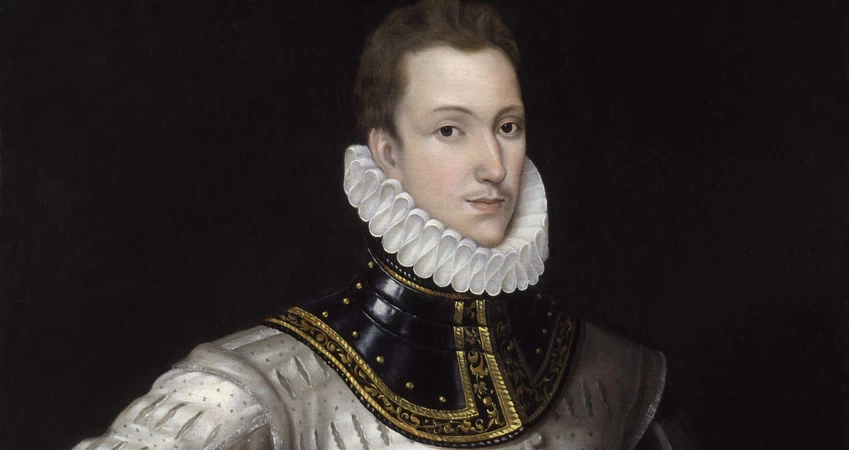Sir Philip Sidney, a well-known critic in English literature, makes some objection to contemporary English drama in his famous work ‘Apology for Poetry’. Though he was not a dramatist himself but he knew very well the construction theme and the rules of writing a drama. He does not allow a tragicomedy. According to him, a play should be pure comedy or pure tragedy.
According to Sidney-
The ideal tragedy is an imitation of the noble action in the representation of which it stirs, admiration and commiseration.
It makes kings fear to be tyrant, and tyrants manifest their identical humours. Sydney censures the contemporary drama that it outrages the grave and weighty character of tragedy, its elevated style, and the dignity of the personages represented by mingling ‘kings’ and ‘clowns’ introducing the most inappropriate buffoonery. Sydney gathered his material, from different sources. While basically he adheres to the mediaeval tradition that,
Tragedy deals with the fall of king and mighty tyrants and teaches the uncertainty of the world.
Sydney also points 6ut that many things may be told which cannot be showed, if they know the difference between reporting and representing. Sydney holds that English comedian err in thinking that delight cannot be obtained without laughter, whereas laughter has an essential effect on delight. Sydney defines comedy-
As an imitation of the common errors of life, which are represented in the most ridiculous and scornful manner so that the spectator is anxious to avoid such errors himself.
Sydney distinguishes delight from laughter and says that the great fault of English comedy is that it stirs laughter concerning things that are sinful. According to Sydney, comedy not only produce delightful laughter but also it should mix with delightful teaching. Human follies or errors rather than human vices and wickedness are the proper theme of comedy. But the English comedian wrote their comedy only to produce laughter.
Sydney makes his objection against English drama for violating the three unities. Sydney has founded that English comedy and tragedy violated the two unities: unity of time and unity of place.
Sydney observes that the dramatist should follow Aristotle’s dictum that the action of a drama should be occurred one day or two days in some cases but most of the English dramas violate the unity of time. Sydney in discussing the tragedy “Gorboduc”, finds it.
Faulty in time and place, the two necessary companions of all corporeal actions; where the stage should always represent but one place and the uttermost time presupposed in it should be both by Aristotle’s precept and common reason but one day there is both many days and many places inartificially imagined.
He also objects to the English stage, when on one side is Asia and on the other Africa and where in an hour a youth may grow from boyhood to old age.
Thus, being a strong supporter of classical drama, Sydney finds faults with the contemporary drama but he has not seen the wave of the changes which were already initiated in drama. After Sydney’s comment on English drama there came so many changes in English drama writing.

